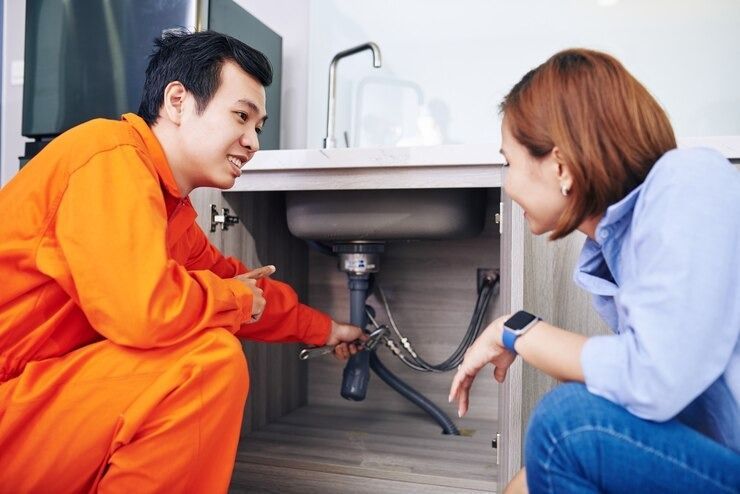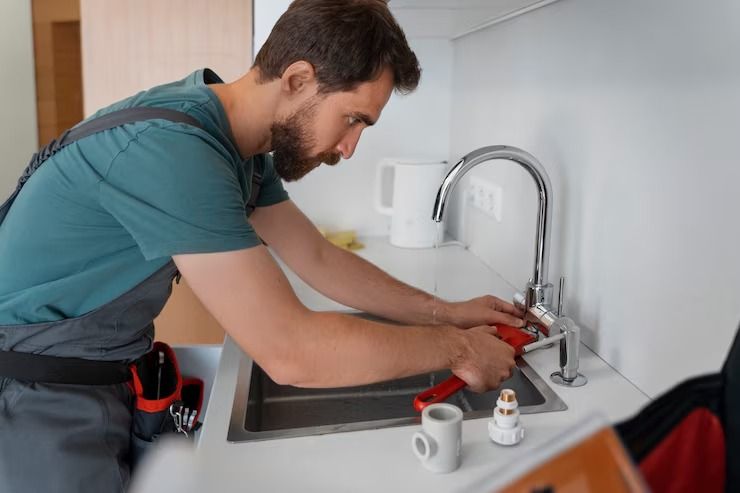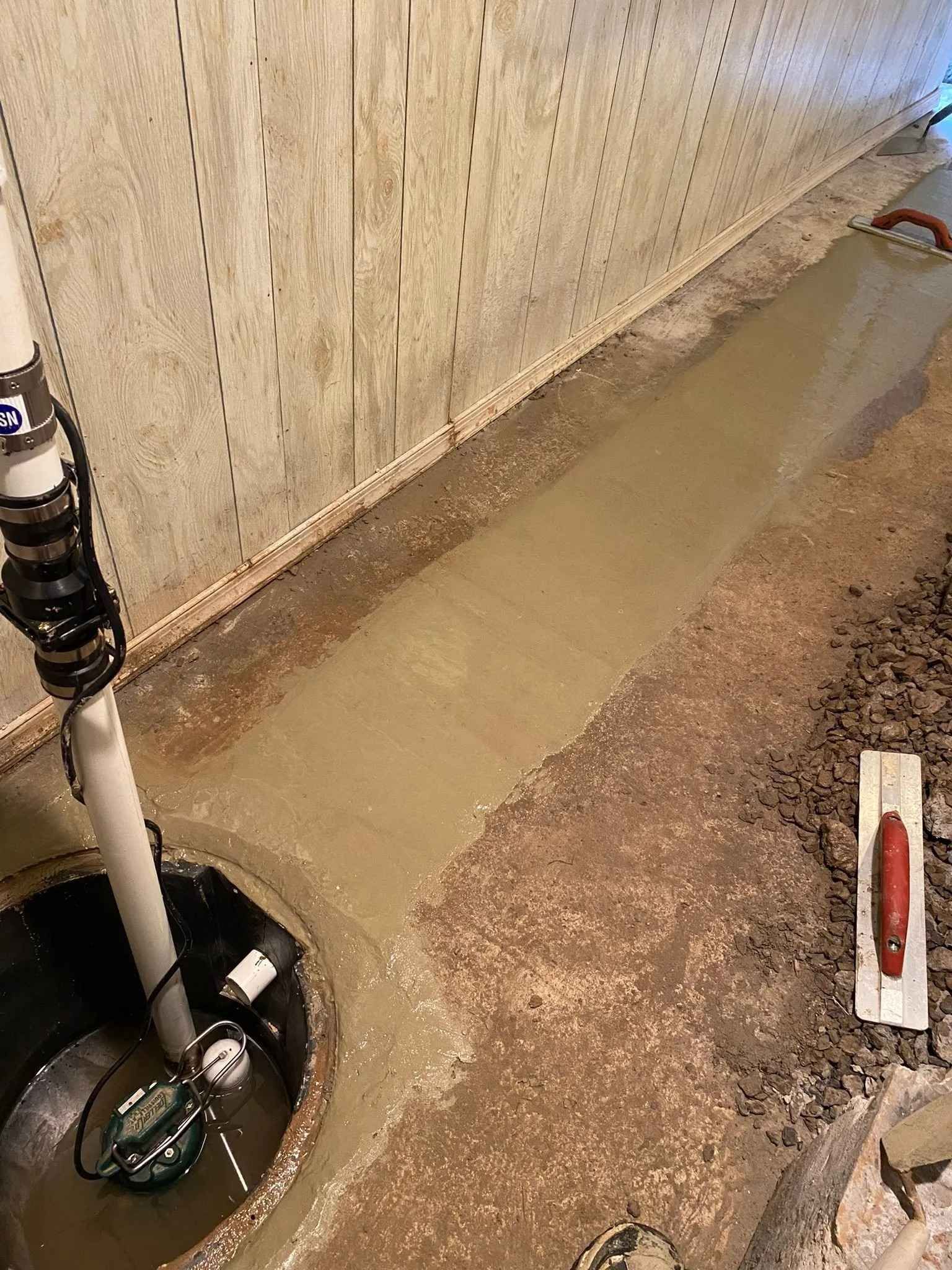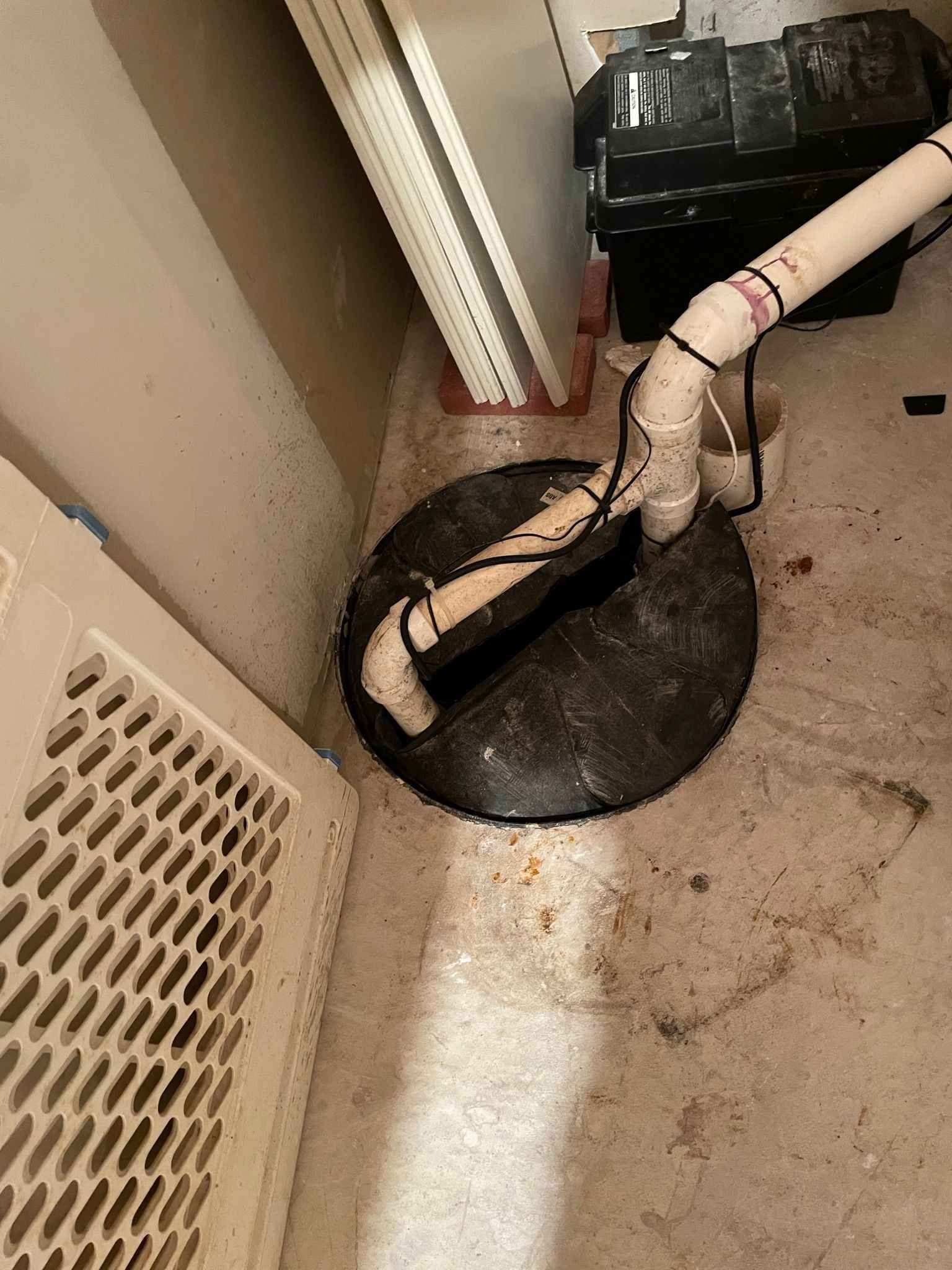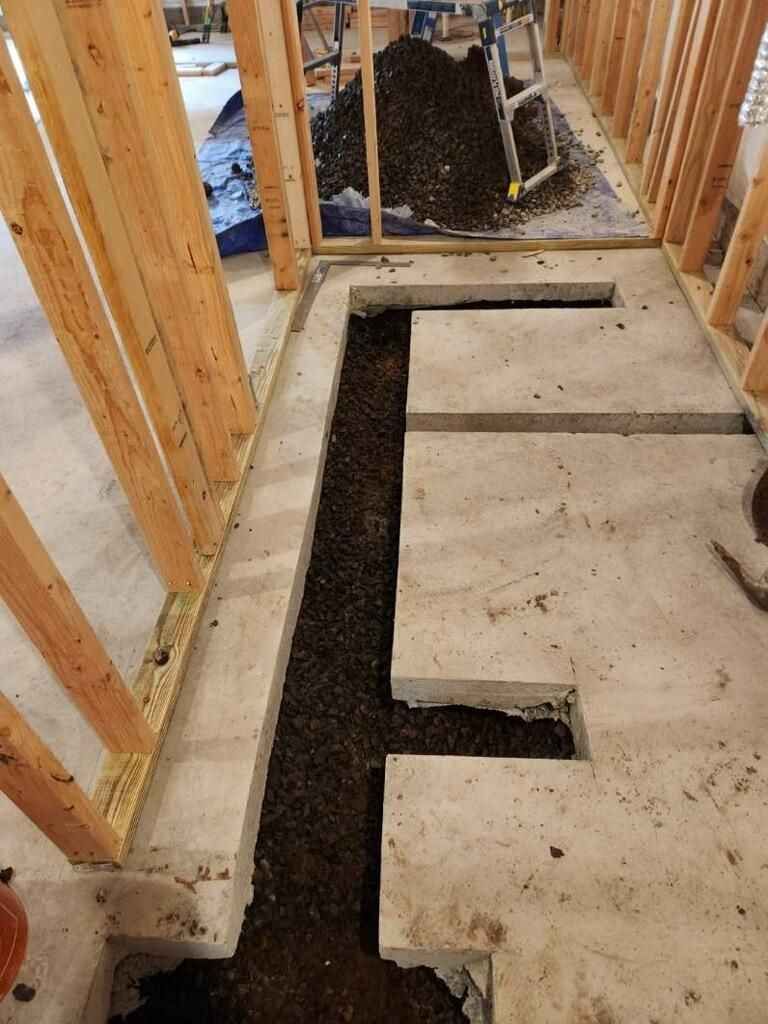How Often Sump Pumps Should Run and What It Means for Your Home
How Often Sump Pumps Should Run and What It Means for Your Home

When it comes to protecting your home from flooding and water damage, the sump pump is one of the most critical pieces of equipment. Understanding how often sump pumps should run and what that means for the health of your home is essential for homeowners who want to avoid costly repairs and damage. This blog will explore the key factors that influence sump pump operation, what is considered normal, and when to seek professional help. We'll also discuss why relying on experts rather than DIY repairs is crucial.
Key Takeaways
- A sump pump should typically run during rainy seasons or in areas with a high water table.
- Frequent cycling of the sump pump could indicate issues that require professional attention.
- The importance of regular sump pump maintenance cannot be overstated in preventing water damage.
- Professional services, like those offered by On Point Plumbing, ensure your sump pump functions optimally.
Understanding How Often Your Sump Pump Should Run and Why It Matters
The frequency at which your sump pump runs depends on several factors, including the local water table, seasonal changes, and the amount of rainfall your area receives. Typically, during heavy rainstorms or snowmelt, your sump pump may run more frequently to prevent basement flooding. However, if it's running constantly or excessively, it could indicate issues such as poor drainage, a malfunctioning pump, or an unusually high water table. Regularly monitoring your sump pump's operation is crucial to ensuring it functions efficiently and effectively when needed most. An overworked pump may wear out faster, leading to costly repairs or even water damage if it fails. Understanding the factors that affect how often your sump pump should run can help you take preventative measures and perform necessary maintenance, ensuring long-lasting protection for your home.
How Often Should a Sump Pump Run?
Sump pumps are designed to keep your basement or crawl space dry by pumping out excess water that gathers in a sump pit. But the question remains: how often should a sump pump run? There’s no one-size-fits-all answer as it depends on several factors, including local rainfall, the water table, and your home's foundation. In regions with frequent rain or snowmelt, you may notice your sump pump running more often. On average, a well-functioning sump pump should operate a few times a day during heavy rain and once every few hours if the groundwater levels are consistently high.
Factors Affecting Sump Pump Frequency
- Local Climate: Rainfall patterns and snowmelt in your region significantly influence how often sump pump run. If you're in an area prone to frequent rain, your sump pump may run several times a day to keep water out of your home.
- Water Table Height: Homes located in areas with high water tables will see more frequent sump pump cycles as the groundwater rises and fills the sump pit more often, influencing how often sump pump run.
- Sump Pump Size: The size of your sump pump also plays a role. Larger pumps can move water more efficiently and may not need to run as frequently compared to smaller ones.
- Condition of the Pump: A properly maintained sump pump will run as needed. However, older or malfunctioning pumps may run too frequently, indicating a need for professional inspection or replacement.
What Does Frequent Sump Pump Operation Mean?
If your sump pump is running constantly, it could indicate several issues that shouldn't be ignored. Excessive sump pump activity may mean that your sump pit is continuously filling up with water, which can lead to overwork and potential burnout of the pump. Understanding how often sump pump run in these situations is crucial to avoiding long-term damage.
Potential Problems Leading to Excessive Sump Pump Cycling
- Undersized Sump Pump: If your sump pump isn't powerful enough for the volume of water it's expected to handle, it will run continuously without effectively removing the water.
- Clogged Discharge Line: A blocked discharge pipe can cause water to recycle into the sump pit, forcing the pump to keep running in an attempt to clear it out.
- Improper Sump Pit Design: An inadequate or incorrectly designed sump pit can cause water to flow back into the basement, triggering constant sump pump operation, affecting how often sump pump run.
- Faulty Check Valve: The check valve ensures that water doesn't flow back into the pit once it's pumped out. A malfunctioning check valve can cause the pump to repeatedly push the same water, leading to unnecessary wear and tear.
Excessive sump pump use is not something that should be tackled with a DIY fix. These issues often require an in-depth diagnosis and professional repair to prevent long-term damage to both the pump and your home.
Why You Shouldn’t Rely on DIY Sump Pump Repairs
When a sump pump runs too often or not enough, it may be tempting to troubleshoot the issue yourself. However, sump pumps are vital to the structural health of your home, and DIY repairs can lead to further complications, including voiding warranties or causing flooding due to improper fixes.
Understanding how often sump pump run is just one part of maintaining a healthy home. But when your sump pump behaves abnormally, only professionals can accurately diagnose the root cause of the problem and fix it correctly. Professional plumbers, like those at On Point Plumbing, have the tools and expertise to ensure that your sump pump is in perfect working condition. While DIY tutorials may offer step-by-step guides, only a certified expert can correctly diagnose and repair the deeper issues that could lead to severe water damage in the future.
When Should You Call a Professional?
If your sump pump is cycling more than usual and you’re unsure why, it’s time to call a professional plumber. At On Point Plumbing, we can inspect the entire system to make sure it’s running correctly. A constant or unusual cycling could be a sign of problems that need expert attention, such as a broken check valve, malfunctioning switch, or improperly installed unit. Addressing these problems promptly can prevent major water damage and save you money in the long run.
If you’re wondering, how often should sump pump run? and are concerned about your pump’s frequent cycling or lack of operation, contact On Point Plumbing at 267-638-7151. Our team will inspect your system and provide the expert solutions you need to protect your home.
Conclusion
A sump pump is an essential part of your home's flood prevention system, and understanding how often sump pump run is critical to keeping your home dry and damage-free. From regional climate patterns to the water table height, many factors can influence the frequency of sump pump operation. If your pump is running too often or not enough, it may indicate an underlying issue that requires professional attention.
If you're experiencing sump pump issues or want to schedule a routine check-up, On Point Plumbing in North Wales, PA can help. Call us at 267-638-7151 today to ensure your sump pump is working efficiently and effectively, saving you from potential flooding and water damage in the future.
FAQs
Q: How often should a sump pump run during heavy rain?
A: During heavy rainfall, it’s normal for a sump pump to run several times per day, especially if your home is located in an area with poor drainage or a high water table. However, if the pump is constantly running, it may indicate a problem that needs professional attention.
Q: Why does my sump pump run when it’s not raining?
A: Even without rainfall, a sump pump can run if your home is built in an area with a high water table or if there is water seeping into the basement from other sources. It’s best to consult a professional if the pump is running frequently under these conditions.
Q: Can I replace my sump pump myself?
A: While it's possible to replace a sump pump on your own, it is not recommended. Incorrect installation can result in pump failure, flooding, or voiding any existing warranties. It's better to have a professional plumber handle the replacement.
Q: What maintenance does a sump pump need?
A: Regular maintenance includes checking the pump for debris, ensuring the discharge line is clear, and testing the float switch. Annual professional inspections can also catch issues before they turn into major problems.


